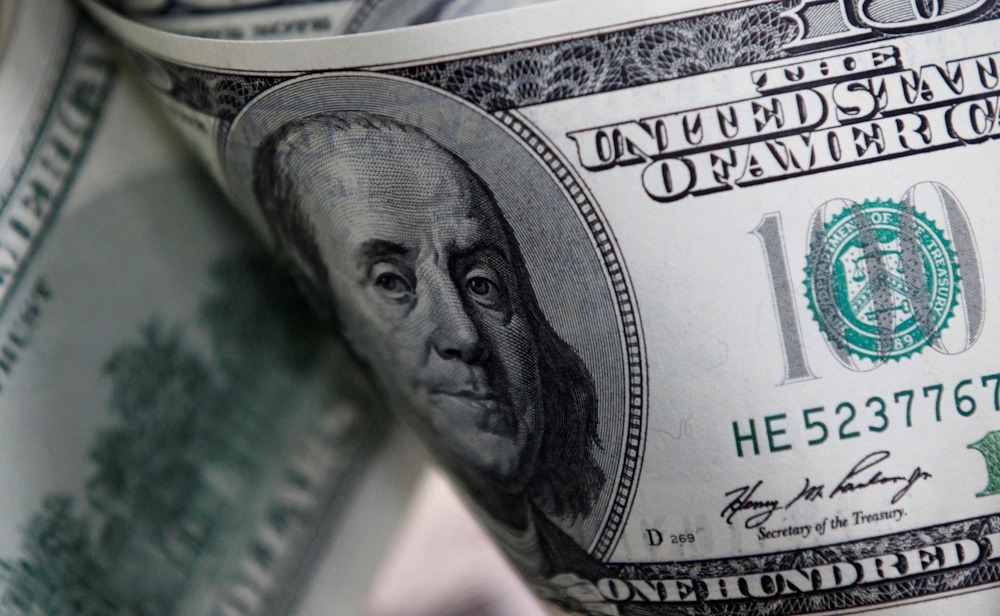
The dollar softened on Thursday following the signing of a deal by U.S. President Donald Trump to conclude the government shutdown, while the yen reached a historic low against the euro after Japan’s new prime minister expressed a desire for the central bank to adopt a cautious approach to rate increases. The pound experienced a temporary decline, reaching a session low, before rebounding, following the release of a report indicating minimal growth in the UK economy during the third quarter of the year. The Australian dollar reached a two-week high, bolstered by official data indicating a significant decline in the unemployment rate from a recent four-year peak, thereby diminishing the likelihood of additional rate cuts. Currency markets may experience volatility in the upcoming days due to the release of a backlog of economic data, following the conclusion of the extended U.S. government shutdown late on Wednesday.
Nevertheless, the White House indicated that the employment and consumer price statistics for October might not be disclosed. “In the current context, markets are increasingly attentive to how a resolution to the Congressional deadlock alleviates not only a considerable amount of uncertainty but also a substantial obstacle to growth,” stated Michael Brown. The yen reached a low of 179.805 per euro on Thursday before recovering to a trading level of 179.51, and it also skimmed a low of 155.02 per dollar, placing it just a hair’s breadth from Wednesday’s trough of 155.05, a level not observed since early February. In European trading, it was last observed at 154.74, coinciding with a 0.1% decline in the dollar for the day.
On Wednesday, Japanese Prime Minister Sanae Takaichi articulated her administration’s inclination towards maintaining low interest rates and emphasized the importance of close collaboration with the Bank of Japan. On the same day, Japanese Finance Minister Satsuki Katayama issued a fresh verbal warning regarding the depreciation of the yen as it neared 155 per dollar, highlighting “one-sided and rapid movements in the foreign exchange market.” A depreciating yen may compel the Bank of Japan to take action, potentially resulting in an interest rate increase in the upcoming month, and market participants assign a 22% probability to a quarter-point increase in the key interest rate for December, with expectations increasing to a 43% likelihood of a hike by January. “The yen’s weakness … is likely making the government increasingly nervous,” as it risks reigniting food and energy inflation, stated Norihiro Yamaguchi.
“The exchange rate is vital for the administration’s sustainability,” he stated. “To address the depreciation of the yen, the government must ultimately acquiesce to the Bank of Japan’s interest rate increases.” In Europe, the pound increased by 0.1% to $1.3146, having momentarily fallen to a low of $1.3102 following official data showing Britain’s economy experienced minimal growth in the third quarter, partly due to a cyberattack in September. The data highlighted the sluggish growth context in which finance minister Rachel Reeves is formulating her budget, expected to include several tax increases. The euro reduced its overnight losses, trading 0.1% higher against the dollar at $1.1606. In Australia, traders have reduced expectations for a quarter-point rate cut in December to 6% after robust economic data, with Thursday’s job figures showing a significant increase in employment and the Australian dollar appreciating by 0.4% to $0.6564, its peak since late October.
